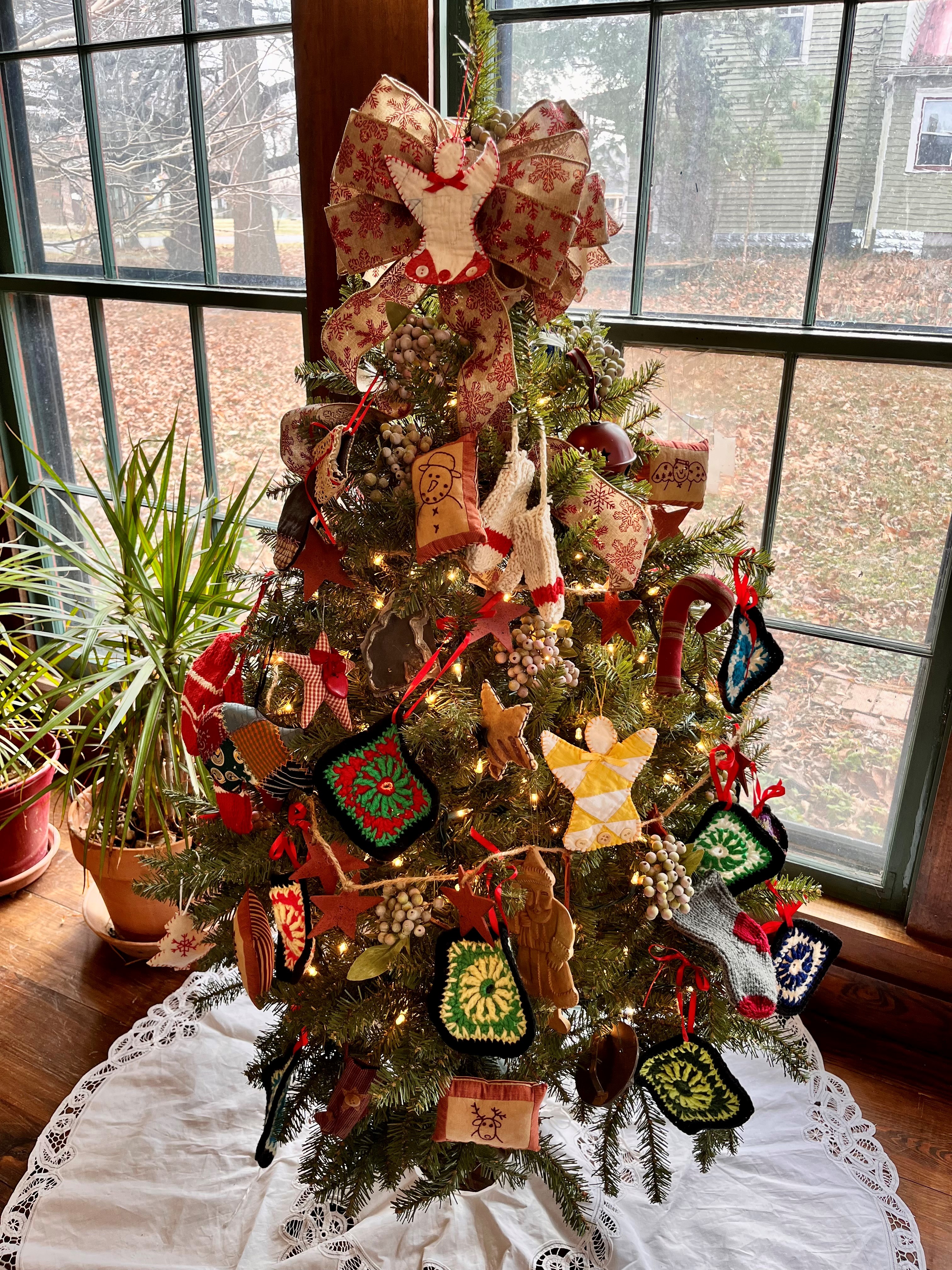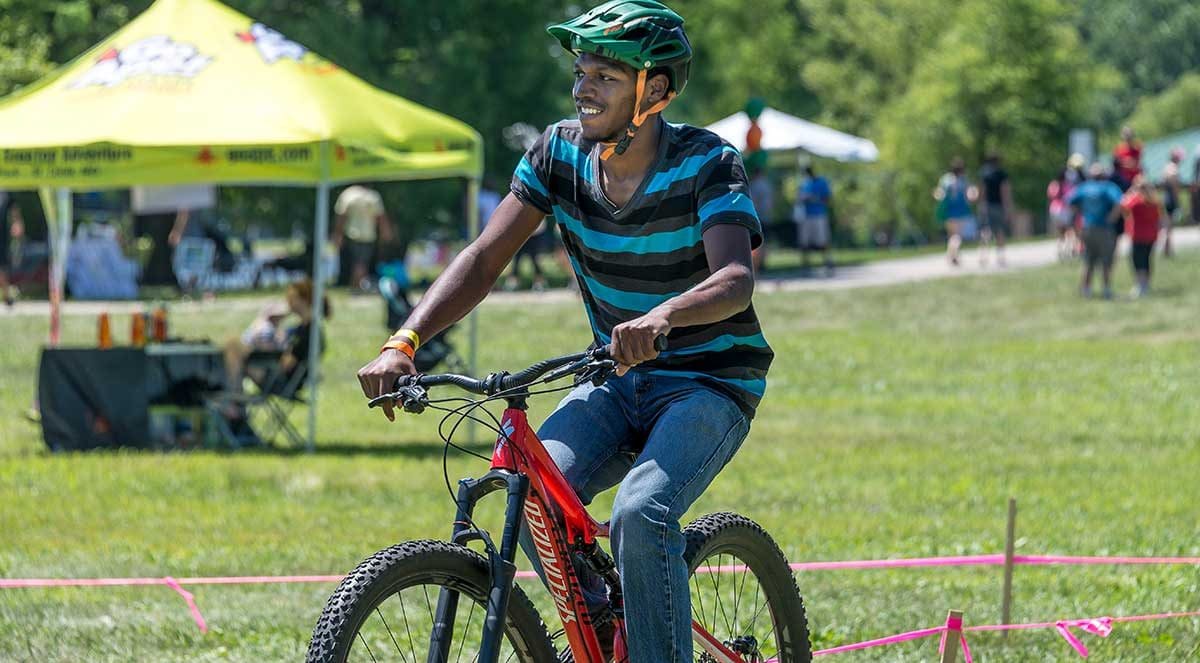This article is presented in partnership with MU Health Care.
As a high school English teacher and father of two, Kyle Sterup spends much of his professional and personal time encouraging young people to do the right thing. The 39-year-old Kirksville resident does more than just talk a good game.
In 2016, Sterup began thinking about becoming an altruistic kidney donor—someone who gives up a kidney to a stranger. With his wife’s support, Sterup contacted MU Health Care’s kidney transplant office.
“A potential donor goes through a multitude of lab work, scans, and evaluations,” said MU Health Care eurologist Stephen Weinstein, MD. “Each person is assessed by an internist to make sure he or she is healthy enough to withstand surgery and maintain kidney function with only one organ. Psychological testing is also done to make sure the donation is being done for appropriate reasons.”
Cleared for surgery in summer 2017, Sterup didn’t know who his donation would help. While Sterup was considering organ donation, fellow Kirksville resident Paul Munoz’s health deteriorated.
Unbeknownst to Munoz, he had been suffering from chronic kidney disease. He was diagnosed with end stage kidney failure. Once a patient reaches end-stage kidney failure, the only two treatment options are dialysis or transplant.
Munoz immediately began dialysis in Kirksville and was referred to MU Health Care to begin the transplant process.
In mid-Missouri, the average wait for a deceased donor kidney transplant is about three years. Munoz had to hope for a faster match. After only six months, he received good news.
“I got a call on a Thursday that a kidney had been matched to me, and by Monday morning I was in Columbia waiting for surgery,” Munoz said. “I was excited and scared at the same time.”
On July 25, 2017, Weinstein removed one of Sterup’s kidneys and stayed in constant communication with Mark Wakefield, MD, chief of MU Health Care’s Division of Urology, who would be implanting the kidney in Munoz. That ensured a quick transition.
“Receiving a kidney is a new lease on life, and it’s an amazing adventure to watch them grow into that,” Wakefield said. “Every donor has in their soul, in their heart, the desire to do something good, but usually it’s to someone they know or know of. In Kyle’s circumstance, he was willing to give it to the next in line to receive a kidney.”
As they recovered in the hospital, Sterup and Munoz looked forward to meeting. Typically, donors know the recipient, but Munoz had yet to meet the person who provided him a life-changing gift. Sterup’s wife, Erika, pushed him in a wheelchair to Munoz’s hospital room days after their surgery.
“Getting to meet him, shake his hand and just hear him tell us about when he received the call [telling him] they had a kidney for him, it reconfirmed in my mind that, yes, this was the right thing to do,” Sterup said.
After they each spent a few days at MU Health Care’s University Hospital, Sterup and Munoz returned to Kirksville and are back to their daily routines. They share a special bond that will always tie them together.
“I realize kidney donation is pretty rare, and I think people make a big deal out of it, but honestly I see it as something that a lot of people could do,” Sterup said. “I want my kids to see that’s just what you do. If you can help somebody, you should.”
To learn more, visit MUHealth.org.
Related Posts
Missouri Life wishes you Merry Christmas
We all wish you a warm and wonderful holiday season. During this time of joyous celebration, thankfulness, and reflection, we are grateful to you, for being a member of our Missouri Life family.
Life Outside Festival
Mark your calendars for the Life Outside Festival held September 21, 2019 in St. Vincent County Park in St. Louis County.


